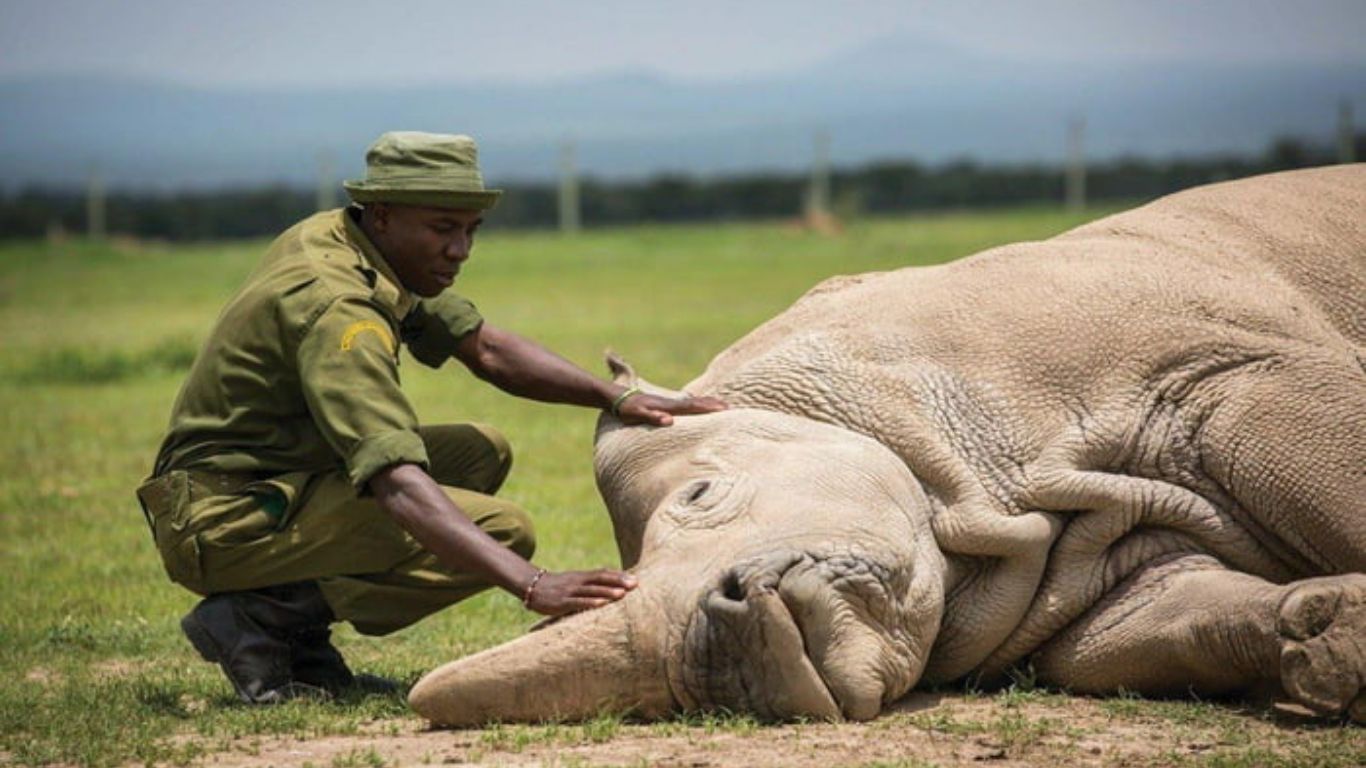Introduction: The Arctic’s Democratic Chill
In the vast, icy expanse of Greenland, a political shift has occurred that sends a frosty message to external powers eyeing its pristine landscapes. The recent parliamentary elections have not only reshaped the island’s internal dynamics but also served as a rebuke to U.S. President Donald Trump’s renewed interest in acquiring the territory.
Demokraatit’s Ascent: A Vote for Pragmatism
The pro-business Demokraatit party emerged victorious, securing approximately 30% of the vote. This marks a significant increase from their previous standing, reflecting a public desire for economic development balanced with cautious steps toward independence. Jens-Frederik Nielsen, the party’s leader, encapsulated this sentiment, stating, “People want change… We want more business to finance our welfare.” His emphasis on building a solid foundation before pursuing full autonomy resonated with voters seeking stability. citeturn0news26
Naleraq’s Immediate Independence Push: A Step Too Far?
The Naleraq party, advocating for swift independence from Denmark, garnered 24.5% of the vote. Their vision of rapid autonomy, coupled with aspirations for a free association treaty with the United States, appears to have been a leap too ambitious for the electorate. The results suggest that while the dream of independence is alive, Greenlanders prefer a measured approach over hasty decisions. citeturn0news27
The Incumbents’ Decline: A Desire for New Direction
The ruling coalition of Inuit Ataqatigiit and Siumut suffered significant losses, collectively receiving only 36% of the votes—a sharp decline from their previous 66.1% in 2021. This downturn indicates a public yearning for fresh leadership and innovative strategies to address the island’s challenges.
Trump’s Greenland Gambit: Thanks, But No Thanks
President Trump’s overtures to purchase Greenland have been met with widespread resistance. His administration’s suggestions, including potential aggressive measures if Denmark refused to sell, have been labeled as inappropriate and disrespectful by Greenlandic leaders. Prime Minister Múte Egede emphasized the need for respect, criticizing Trump’s approach and expressing concerns over the safety and autonomy of the Greenlandic people. citeturn0news28
Geopolitical Chessboard: Greenland’s Strategic Significance
Greenland’s allure isn’t just about its icy beauty; it’s a linchpin in Arctic geopolitics. The island’s vast mineral resources, including rare earth elements, and its strategic location have attracted global attention. The melting Arctic ice is opening new shipping routes, making Greenland a focal point for economic and military strategies. The United States, under Trump’s administration, has underscored Greenland’s importance for national security, viewing its control as essential to countering adversaries like Russia and China in the Arctic region. citeturn0search1
Economic Dependency: The Danish Connection
Despite its push for independence, Greenland remains economically tethered to Denmark, relying on subsidies to support its economy. This financial dependency complicates the independence narrative, as any move towards full autonomy would require establishing a self-sustaining economic framework. The recent election results reflect a populace aware of these challenges, favoring parties that advocate for economic development as a precursor to political independence.
Environmental Concerns: The Iceberg’s Tip
Climate change is both a boon and a bane for Greenland. While melting ice opens up new economic opportunities, such as mining and shipping routes, it also threatens traditional ways of life and the island’s fragile ecosystem. The political discourse is increasingly intertwined with environmental considerations, as Greenlanders grapple with balancing development and conservation.
Conclusion: Navigating the Arctic’s Future
Greenland’s recent elections signify a pivotal moment in its journey towards self-determination. The electorate’s preference for pragmatic leadership underscores a desire to build a robust economic foundation before severing ties with Denmark. At the same time, the island’s firm stance against external pressures, notably from the United States, highlights a collective resolve to chart their own course. As global interest in the Arctic intensifies, Greenland stands at the crossroads of opportunity and challenge, navigating its future with caution and optimism.



